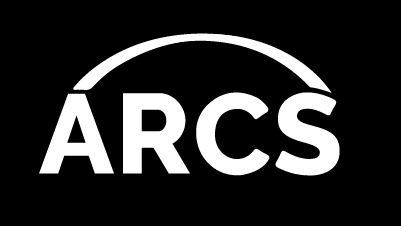Post-traumatic stress disorder (PTSD) is an anxiety disorder that can happen after a person has experienced or witnessed a traumatic event. It is estimated that up to 8% of the population suffers from PTSD, and those numbers are higher for veterans, survivors of abuse or assault, first responders, and other people exposed to high levels of trauma. When left untreated, PTSD symptoms can become debilitating, making it hard for individuals to go about their normal lives.
Although there is no one-size-fits-all approach to treating PTSD, there are several options available to those who want help. Cognitive behavioral therapy (CBT) is often used in conjunction with medications such as antidepressants or sedatives. CBT focuses on changing the way a person thinks and acts, while medications can help manage symptoms such as anxiety or nightmares. Other treatments may include exposure therapy, in which an individual is gradually exposed to their traumatic memories in safe and controlled environments.
For individuals who have experienced PTSD due to narcissistic abuse, the healing process can be especially difficult. In addition to traditional therapies, it is important for those affected by narcissism to seek out narcissism counseling specifically designed to address the trauma caused by their experience. Some therapists specialize in helping people recognize unhealthy patterns of behavior and cope with the effects of coercive control or gaslighting. Free online counseling services are also available through various resources, such as Talk Space and 7 Cups of Tea.
Effects of PTSD vary from person to person, but some of the more common signs include feelings of fear or helplessness, flashbacks to traumatic events, nightmares, insomnia, avoidance of people or places associated with the trauma, hypervigilance, depression, and anxiety. It is important to seek help as soon as possible if you notice any of these symptoms. With proper treatment, those suffering from PTSD can move forward in their lives and begin to heal.
No matter what type of PTSD an individual is dealing with, taking steps toward healing or PTSD recovery can be a life-changing experience. In addition to traditional counseling methods, there are many online resources available that can help with PTSD recovery. By talking to a mental health professional and/or seeking out free online PTSD counseling services, individuals can start on their path to recovery and learn how to cope with their emotions in healthier ways. The first step is always the hardest, but with appropriate treatment and support, individuals can learn to manage their PTSD symptoms and live more fulfilling lives.


No comments yet